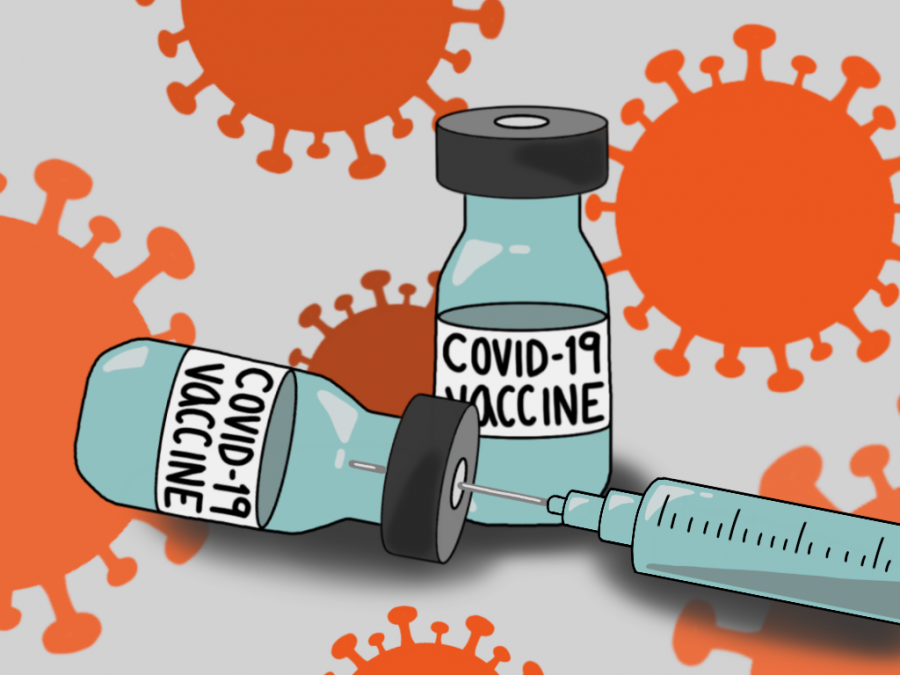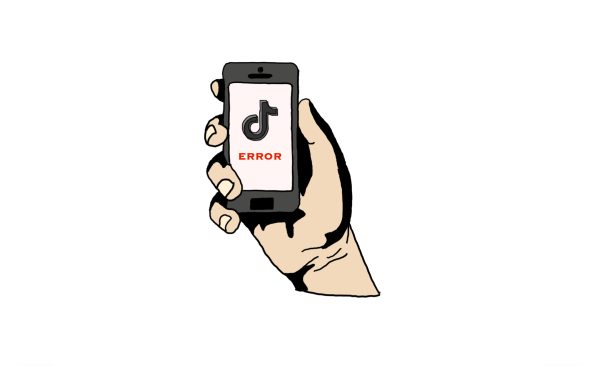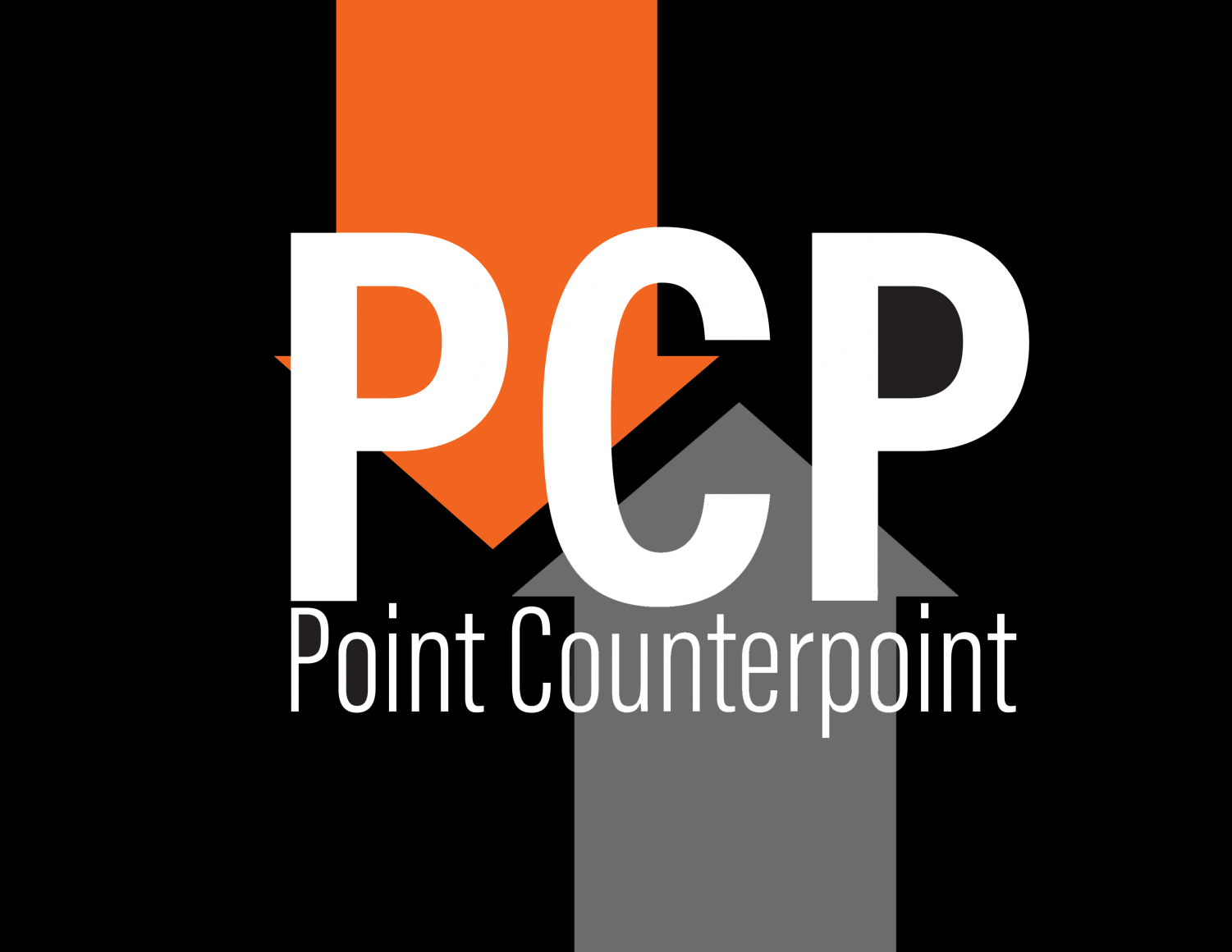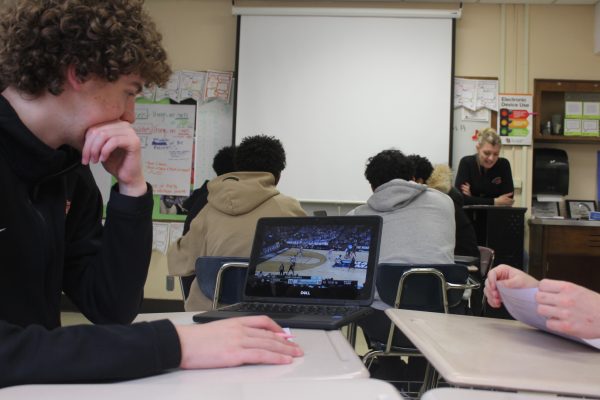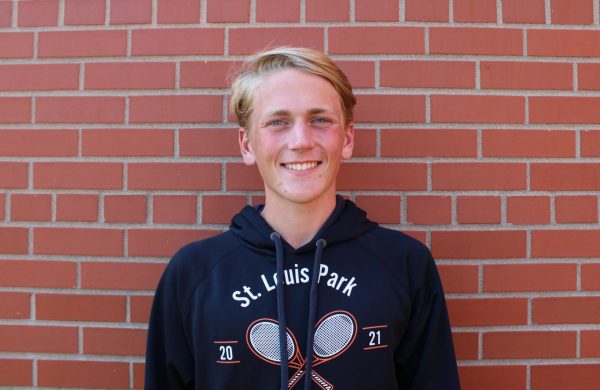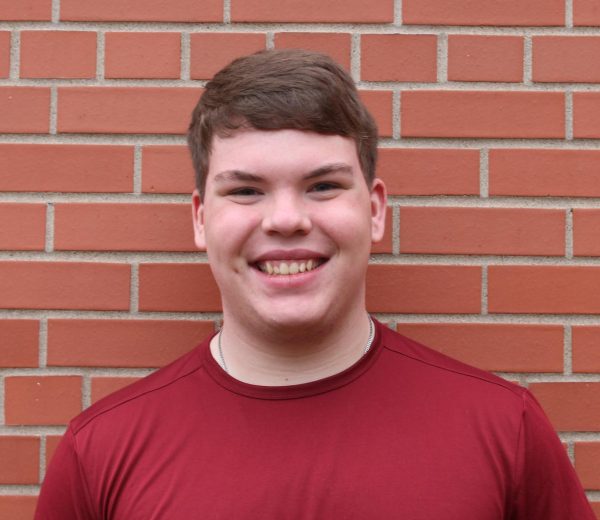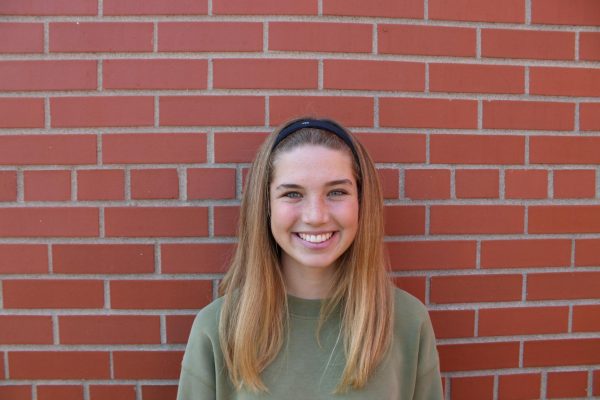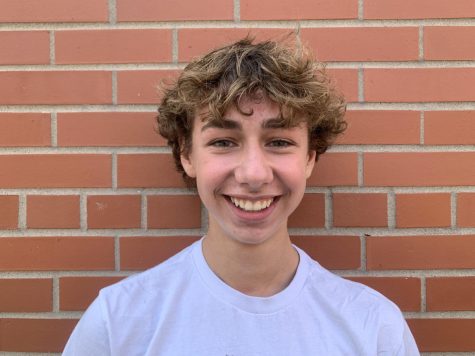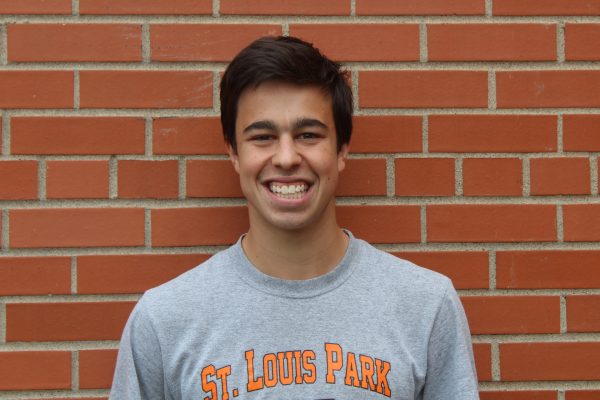Politics shouldn’t interfere with COVID-19 prevention
Both sides need to work together
Under the hypothetical scenario of recieving a government approved vaccine for COVID-19, Minnesotans are still wary about being immediately vaccinated. According to a poll done by KARE 11, many Minnesotans would not immediately get a COVID-19 vaccine.
October 9, 2020
There is a clear division based on political affiliation within the U.S. over many issues, however, one such issue which should in no way be tied to politics is that of public health and safety.
In a study conducted by major news sources within the greater Twin Cities area such as the StarTribune, MPR News, and KARE 11, people were asked a variety of questions concerning politics and COVID-19 prevention. In regards to the results of the latter topic, COVID-19 prevention, only 48% of participants responded yes to the question, “If a vaccine for the coronavirus becomes available with approval from the government and support from scientists, will you immediately get vaccinated, or not?” Even more concerning is the fact that these data indicate a trend between the decision to get a vaccination and a person’s political opinions; Democrats being more likely to receive immediate vaccination.
Public health and safety should under no circumstance be a political opinion. We are all suffering the consequences which COVID-19 leaves in its wake and our number one priority should be finding a way to minimize or stop those consequences altogether. More than anything, however, we need the willingness from all sides to work together.
A vaccine is the key to getting back to a normal routine. While we can certainly slow the spread of COVID-19 through the use of masks and vigilant hygiene processes, these tools can’t be used for much more than that. In order to return to a more normal world, we need to focus on one of the more established methods we have at our disposal in order to stop the spread of viruses: vaccines.
Public health and safety should under no circumstance be a political opinion
— Colin Canaday
Having only 48% of people willing to be immediately vaccinated is a staggeringly low number. According to a recent study on COVID-19, published in the American Journal of Preventive Medicine, if only 60% of the population received a COVID-19 vaccine, the vaccine would need to have a 100% efficacy in order to stop the pandemic. For reference, the annual influenza vaccine has an average efficacy of only about 40%. However, if 75% of the population got a vaccine, the efficacy of the vaccine would only need to be about 80%. A much more realistic, attainable number. The more people that are willing to be vaccinated, the less work, and consequently the less time, it will take to produce a viable vaccine.
It is our responsibility to ensure the safety of not only ourselves but those around us. The openness to adopt new methods to prevent the spread of COVID-19 is the only realistic way to ensure this.



